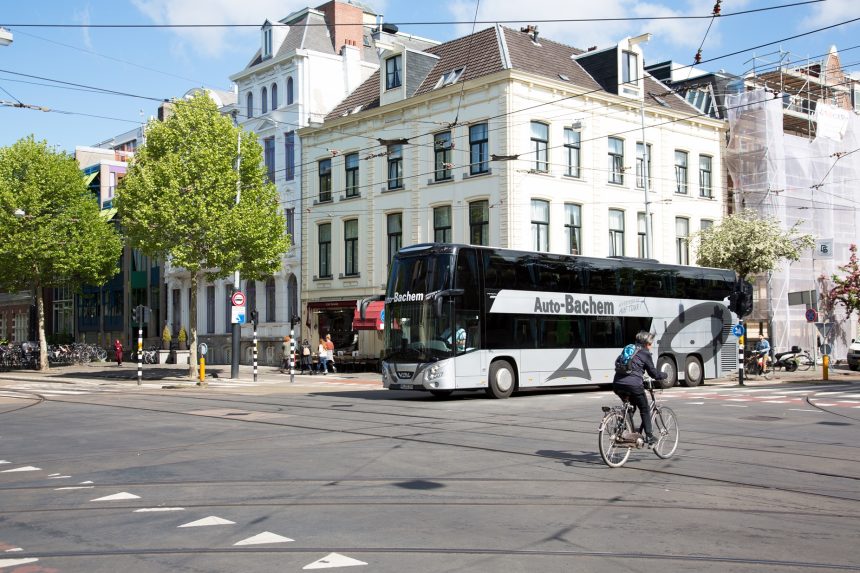Changes to EU driving and rest time rules for coach drivers engaged in tourism-related work in the bloc are expected to go into effect “in the first half of 2024” after the European Parliament plenary adopted a set of such compromise amendments on 12 December.
That represents a significant further step for the reform work, which the International Road Transport Union (IRU) has long advocated for. While there remains no guarantee that any changes adopted in the EU will find their way to the UK, one trade body representing the coach sector has articulated a hope that similar progress can be made here.
IRU Director of EU Advocacy Raluca Marian describes the further progression as leaving the coach tourism sector in Europe “on [its] way to a big win during the upcoming trilogue negotiations in January 2024.”
Adds Ms Marian: “We are very close to finally giving coach drivers rules meant for their work, not that of truck drivers. The current rules are harming coach drivers’ wellbeing, holding back Europe’s tourism sector, and preventing the safest and most environmentally friendly form of collective passenger transport from prospering.”
IRU now hopes for “a speedy negotiation with the [European] Council” on the matter, she continues. The proposed changes have previously been detailed here.

One that would be key for coach operators in the UK is expansion of the 12-day dispensation on beginning a weekly rest period to domestic tours. Also in play are changes to how 45-minute breaks from driving may be split, and occasional extension of the working day by one hour if certain conditions are met.
The European Transport Workers Federation (ETF) has again attacked changes to coach tourism drivers’ hours, saying on 13 December that it feels “significant disappointment” at the latest development.
ETF adds that the amendments represent “a step backwards in ensuring a fair and safe working environment” for coach drivers, and notes that the solution to staff shortages is not increased flexibility, “but improving working conditions and wages.”
The Federation thus wants the status quo to remain. It claims that the three changes noted could endanger road safety, increase driver fatigue, and “deteriorate working conditions.” However, it has welcomed other aspects of the proposals, including digitalisation of control documents, which ETF says would allow enforcement of regulations to be stepped up.



























